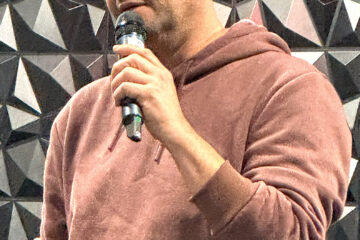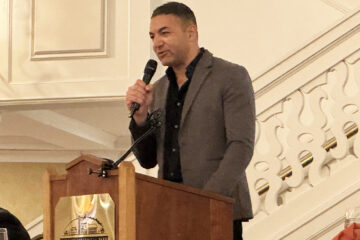Forum digs into spike in antisemitism
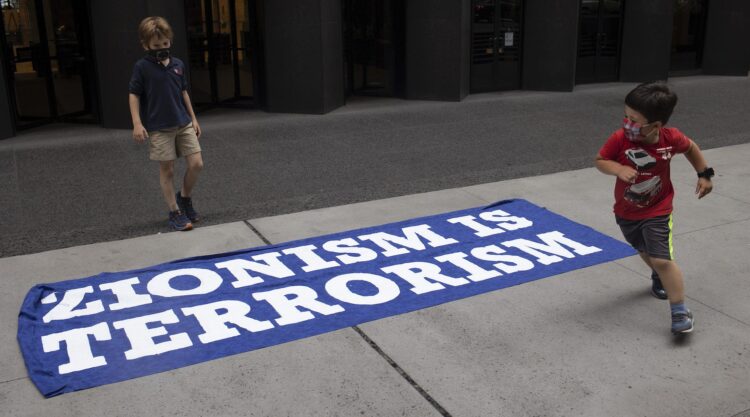
By Marshall Weiss, The Dayton Jewish Observer
With an increase in U.S. antisemitic acts of 80 percent reported by Secure Community Network in the wake of Israel’s 11-day war with Hamas, Dayton’s Jewish Community Relations Council hosted a virtual community forum about Israel and antisemitism on May 27.
“I know it’s not easy to speak out for Israel, physically on the streets or on social media or writing op-eds,” said Adva Vilchinski, consul for public diplomacy with the Israeli Consulate in New York. “People were and are still afraid. We believe in the freedom of speech, we believe people can demonstrate against Israel, but the problem is when demonstrations morph into antisemitism and violence that was and is targeted at Jewish civilians. There is no topic or issue, whether it’s Israel or anything else, that can justify the occurrences of antisemitism or permit antisemitic behavior. It’s a warning sign and we should take it very seriously.”
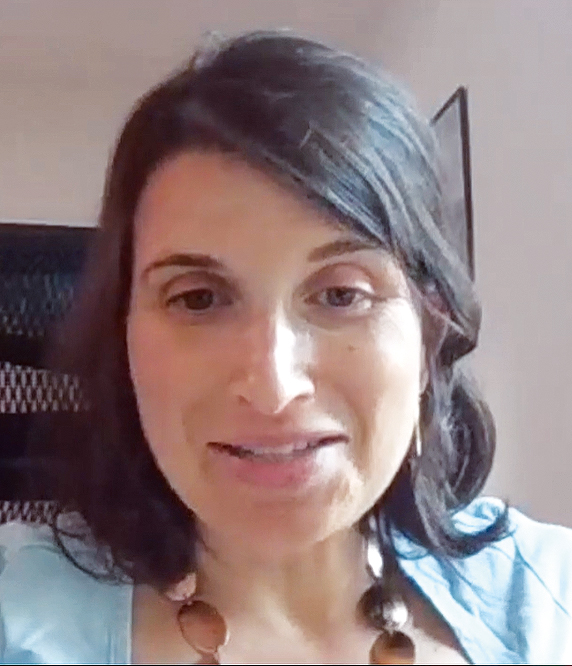
James Pasch, regional director of the Anti-Defamation League, concurred. “We are all entitled to criticize the actions of a government entity,” he said. “In fact, most of us do. Criticizing the actions of the Israeli government is not, in and of itself, antisemitic. If it was, most Israelis would be called antisemitic. It’s when we cross over from legitimate criticism of a governing entity to the criticism of an entire people that we cross over into antisemitism.”
Attacking Jews and holding them collectively responsible for the policies of Israel, Pasch said, isn’t activism, it’s antisemitism.
“When individuals burn Israeli flags outside of a synagogue, that is not activism, that is antisemitism. When we vandalize Jewish Community Centers, it is not activism, it is antisemitism. Injection of bigotry into a conflict — whether that bigotry is antisemitism or Islamophobia — has never helped resolve a single conflict in our world’s history. Quite to the contrary, it only exacerbates tensions.”
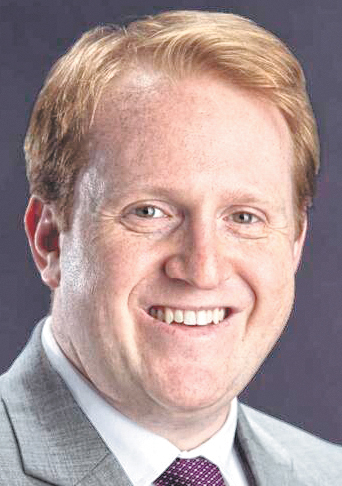
Matthew E. Berger, Hillel International’s vice president of strategic action programs and communications, said he’s never experienced what he just witnessed on college campuses.
“We are accustomed to BDS, we’re already accustomed to isolated incidents of antisemitism, but over the past three weeks, we’ve dealt with 40 campuses around the country that have experienced anti-Israel and antisemitic activity. That’s unprecedented for this timespan.”
He’s seen individual student leaders taking the reins of student government and putting out one-sided, unilateral statements that bypass the democratic process. “You saw the direct targeting of Zionists and then quickly that term went from Zionists to Jews, in which we saw individual Jews on college campuses targeted, predominantly on social media.”
Berger said Hillel is developing tools for Jewish students to speak for their values and to disconnect from toxic conversations.
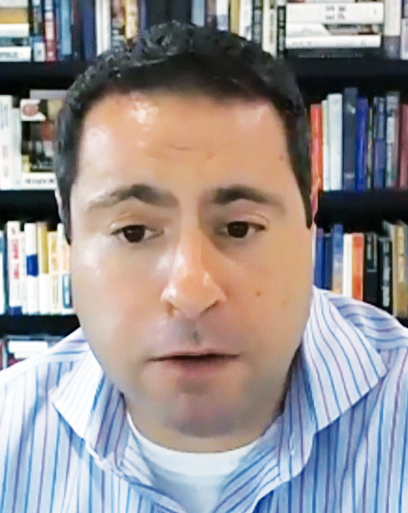
“We recognize that the best way to address these issues is to have good relations with university administrators, teaching them about antisemitism, helping them address the campus environment for Jewish students the way they’re doing it for other minority groups.
To read the complete July 2021 Dayton Jewish Observer, click here.


